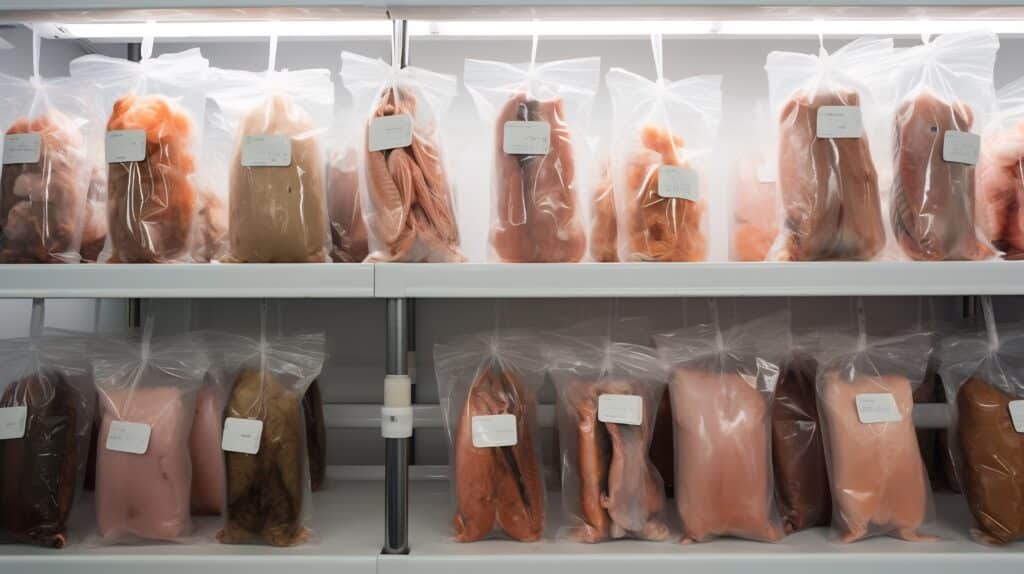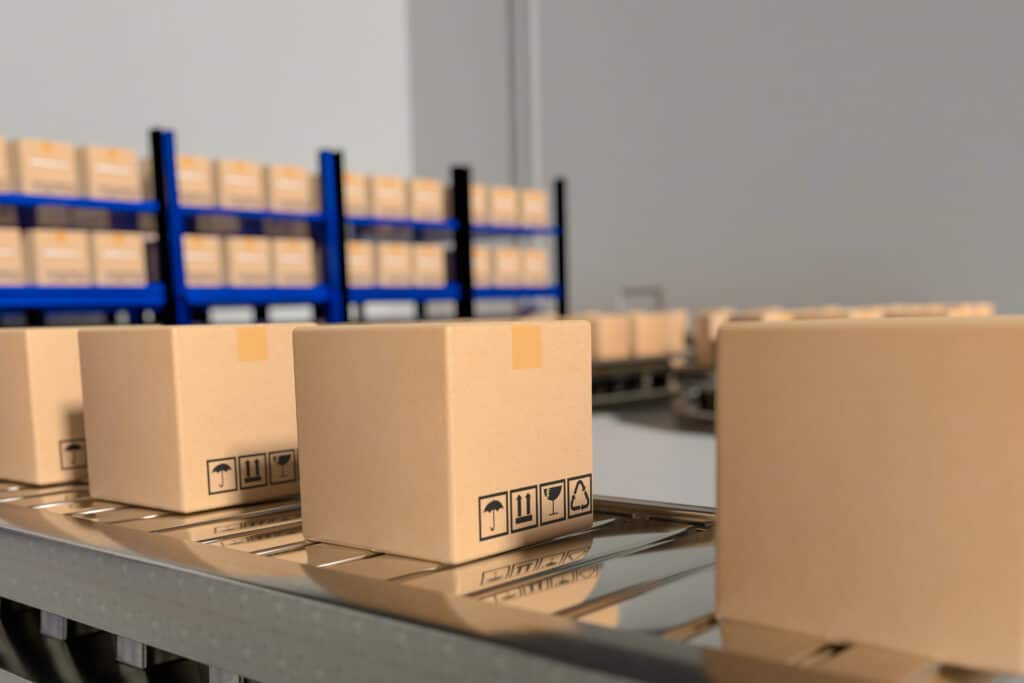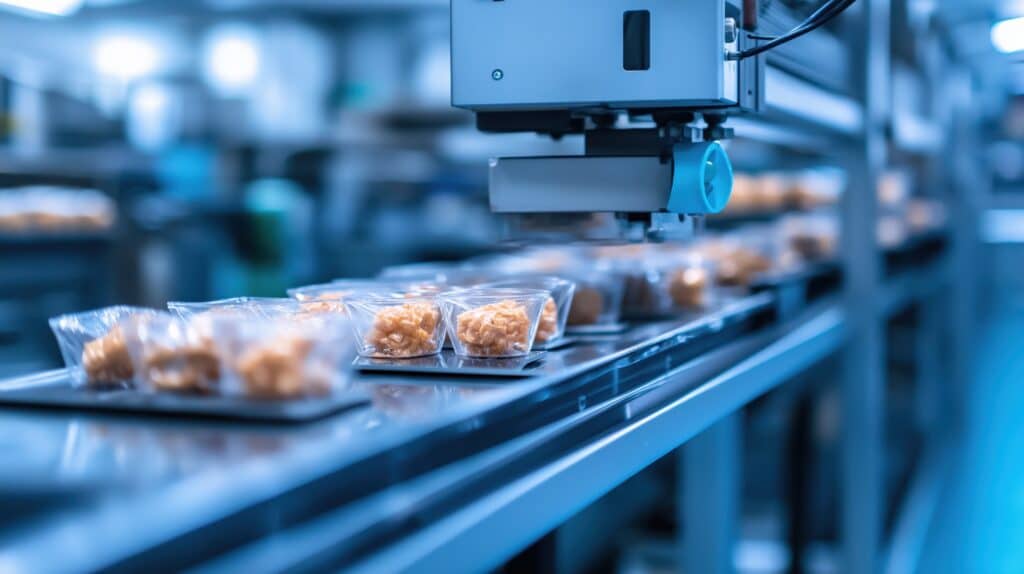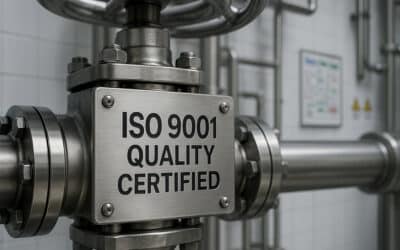ISO 22000:2018 — A Simple Guide for Small Food Businesses
What is ISO 22000:2018?
ISO 22000:2018 is a global food safety standard that helps businesses create a strong Food Safety Management System (FSMS). It provides clear guidelines for managing food safety risks, ensuring that the food you produce, process, or sell is safe for your customers. ISO 22000:2018 is useful for many types of businesses. This includes small farms, food packaging companies, local restaurants, and food distributors.
Who Can Benefit from ISO 22000 Compliance?
This standard is perfect for small businesses involved in any part of the food supply chain, including:
- Family farms and small agricultural producers
- Local food manufacturers
- Independent caterers and restaurants
- Small food retailers and wholesalers
- Packaging suppliers and food transport services
No matter the size of your operation, ISO 22000:2018 can help you improve food safety and build trust with your customers.
Why Should Your Small Business Consider ISO 22000:2018?
Here’s why ISO 22000:2018 could be a game-changer for your business:
- Build Customer Trust: Providing safe food consistently shows your customers they can count on you. This builds loyalty and improves your reputation.
- Stay Legally Compliant: Meeting food safety regulations can be complicated. ISO 22000:2018 gives you a clear system to stay compliant and avoid costly fines.
- Focus on Risk Management: This standard helps you find potential risks early. It looks at risks inside your business and from outside factors too.
- Continuous Improvement: ISO 22000 requires you to regularly check and improve your processes. This will strengthen and protect your business over time.
- Boost Your Brand: Meeting a well-known standard can help you stand out from competitors and attract more customers.
How to Start with ISO 22000:2018
Taking the first steps toward certification must be manageable. Here’s a simple path you can follow:
- Understand Your Risks: Look closely at your processes to find potential food safety issues.
- Plan Your System: Create a plan to match your current practices with ISO 22000:2018 requirements. This includes training employees and updating procedures.
- Involve Your Team: Make sure everyone understands their role in food safety. A strong safety culture comes from teamwork.
- Monitor and Improve: Regularly check how you’re doing, and be ready to make changes when necessary. Improvement should be part of your everyday operations.
How ISO 22000 is similar to other Quality Management Systems Like ISO 9001?
The standard follows the same high-level structure as other management systems. These include the Quality Management standard ISO 9001 and the Environmental Management standard ISO 14001.
You can integrate it into an organization’s current management processes. However, you can also use it on its own. The new version of the standard adopts the process approach in common with other standards.
ISO 22000 helps organizations manage business risk and improve safety. It combines two Plan-Do-Check-Act cycles with product hazard analysis (HACCP). This approach helps identify, prevent, and control food safety hazards. As a result, organizations can reduce their exposure to risk.
This combines both organizational and operational risk management into one management system. The potential benefits of combining risk-based thinking, PDCA and the process approach include:
- Focusing your FSMS and activities on higher-risk processes
- Understanding how processes within your organization are interdependent
- More effective use and application of resources
- Improved ability to meet the needs of new customers and the changing demands of current customers and regulators.
This standard offers advice that can help all organizations in the food chain. It can reduce risks and improve food safety, no matter their size or complexity. The standard can also help with other projects like the UN’s Sustainable Development Goals. It follows the CODEX HACCP principles, which are a well-known food safety management system.



ISO Management System Principles
The standard also covers other principles, which are part of all ISO management system standards. These principles are:
- Customer focus
- Leadership
- Engagement of people
- Process approach
- Improvement
- Evidence-based decision-making
- Relationship management
Food Safety Management System Processes
An FSMS, as stated in ISO 22000, sets up a way to manage food safety for the whole organization. Some of the processes an organization may consider about ISO 22000 include:
- An overall food safety policy
- Targets that will drive the company’s efforts to comply with its policy
- Planning, designing and documenting a management system
- Creating a food safety team of qualified individuals and assigning responsibilities
- Establishing communication procedures for internal communication and communication with parties outside the company, such as customers, suppliers and regulatory bodies
- An emergency plan
- A plan for regularly evaluating the performance of the FSMS
- A strategy for providing sufficient resources to enable the operation of the FSMS, including trained and qualified personnel, infrastructure and an appropriate work environment
- A plan for following the principles of HACCP
- A system to enhance the traceability and identification of products
- A system for controlling nonconformities in products
- A documented procedure for the withdrawal of products
- An internal audit program
- A plan for continually improving the FSMS
- Prerequisite programs
ISO 22000 Prerequisite Programs for Food Manufacturers
Prerequisites exist for achieving ISO 22000 compliance. However, ISO/TS 22002-1 (a prerequisite) only applies to food manufacturers. It does not apply to all organizations in the food chain. Some of the areas ISO 22000 identifies for organizations to consider when developing their prerequisite programs include:
- Pest control
- Prevention of cross-contamination
- Equipment suitability, cleaning, and maintenance
- Employee facilities and personal hygiene
- Management of purchased material
- Cleaning and sanitizing procedures
- Product information
- Utilities, including energy, water and air
- Warehousing
- Waste disposal
- Procedures for product recall
Some technical standards apply to different businesses. These include catering companies, retail businesses, transport and storage services, animal feed makers, and food packaging producers.
Codex Alimentarius
ISO 22000 is based on food hygiene principles from Codex Alimentarius. This is a well-known set of guidelines and standards.
The Codex Alimentarius Commission is a group of different governments. It was created by the World Health Organization and the Food and Agriculture Organization of the United Nations.
Final Thoughts
ISO 22000:2018 isn’t just for large corporations—it’s an excellent tool for small food businesses, too. By prioritizing food safety, you will protect your customers, meet regulations, and build a stronger, trusted brand. Investing in food safety today lays the groundwork for long-term success tomorrow.
About Scott Dawson
Scott has over 25 years of Quality Management System experience as well as ISO 9001 standard development and implementation experience. From 2010-2025, Scott Dawson, President of Core Business Solutions, was an active voting member of the U.S. Technical Advisory Group (TAG) to ISO Technical Committee 176 (TC 176). TAG 176 members meet to discuss and develop U.S. positions for Quality Management standards, including ISO 9001:2015, which will be revised in 2026. Our Director of Consulting Services now stays involved in the U.S. TAG 176.




